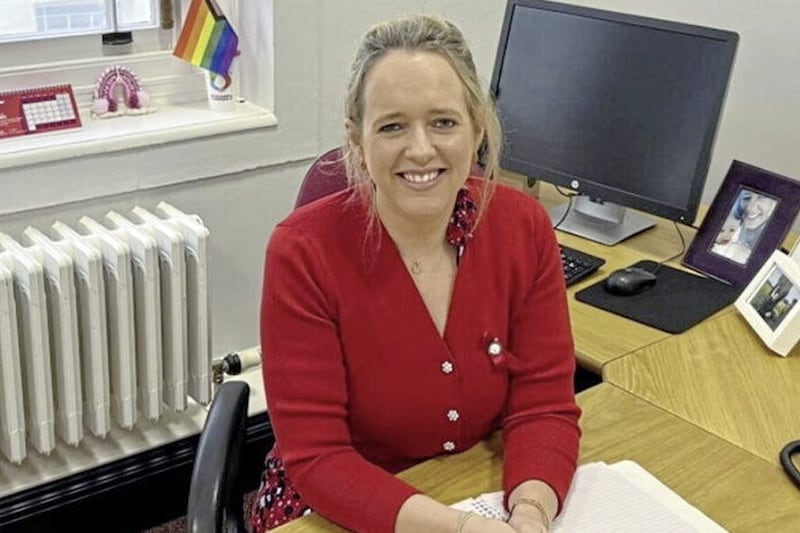Life
Parents struggling with Northern Ireland's spiralling childcare costs
The average cost of childcare in Northern Ireland is a staggering six times the maximum payable in Sweden, with many working parents here having to turn to high-interest pay day loans to cover bills. It's high time our government addressed the issue, writes Leona O'Neill






